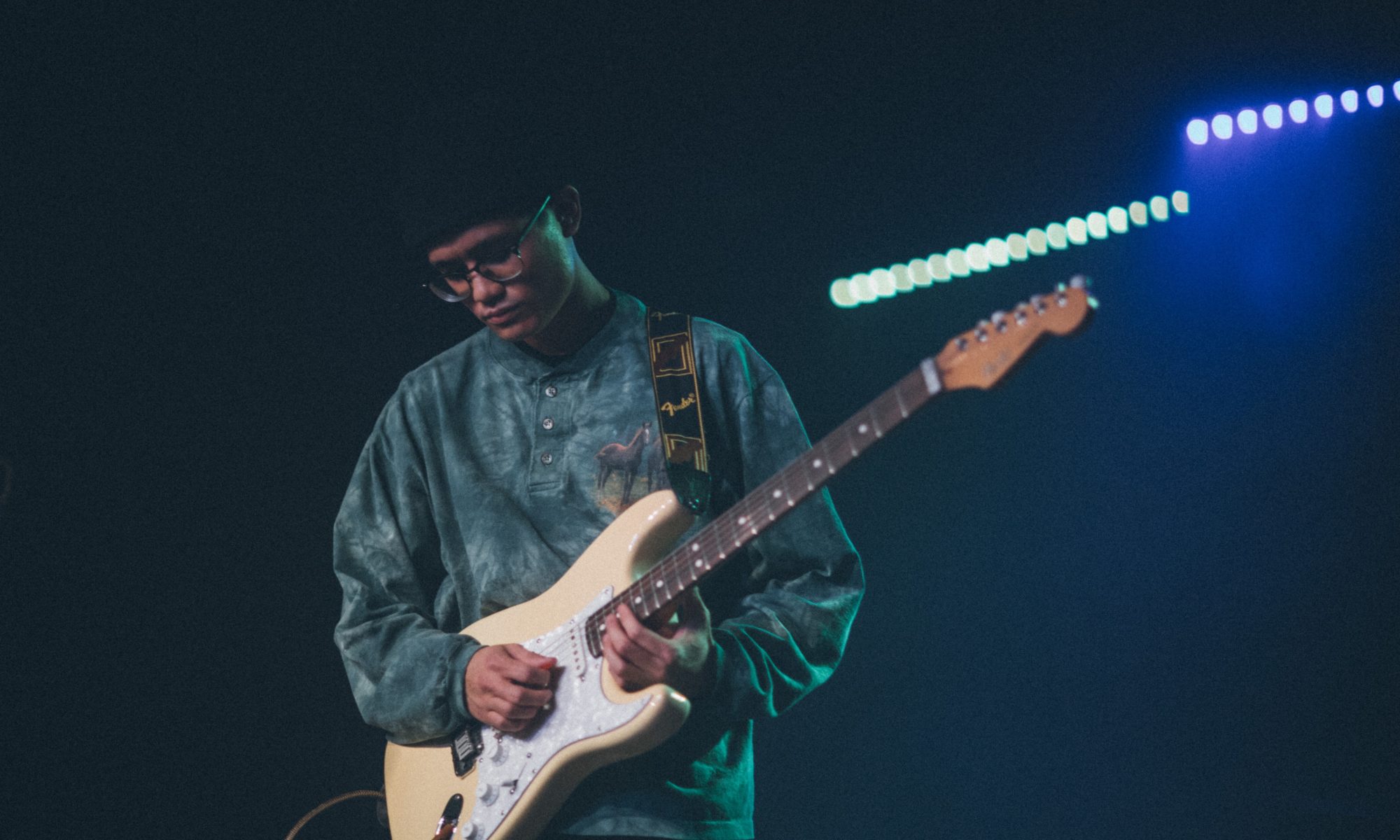
by Ben Waldman
Three years ago, Alexa Dirks began to transform. Dirks—an eminently talented vocalist equally comfortable singing lullabies, headbangers and neo-soul ballads—had made a name for herself in local circles for her work in ensembles like the Juno-winning Chic Gamine. But at the 2016 Winnipeg Jazzfest, she stepped forward, redubbing herself ‘Begonia’ and signalling the blossom of the most dynamic and intriguing artist the city has seen in years: a glittery, hot-pink supernova who felt like Canadian music’s worst-kept secret.
With her long-awaited debut album Fear out September 13, that secret will finally come out. Fear is a deeply personal album, at once bursting with ruminations on solitude, depression, self-doubt, anxiety, and panic, all bundled up in that serene feeling that comes with an artist fully embracing themselves in both the past and the present tense.
Though she’s surrounded by an enviable supporting cast—including three-fifths of Royal Canoe and Dirty Catfish horn work—there’s no doubt Begonia’s voice is the central character. On opener “The Other Side,” Begonia discusses her complicated relationship with religion, and it sounds as if it were recorded in a cathedral, the isolated vocal of a gospel choir of one. “I want to cross to the other side,” she chants, and we’d let her take us there.
On stage, Begonia dresses exclusively in bright-coloured costumes: it’s how she feels most powerful, “almost like a superhero version of herself,” she says. Growing up, people called her “weird, fat, and loud,” and as Begonia, she screams, ‘Look at me now!” But on most tracks, her invincibility is buoyed by profound vulnerability: “Mirror Talk” is about the day being half-gone and not yet getting out of bed, “a melancholic daydream,” she calls it. On “Two Beers In,” Begonia is a “ragdoll with my insides hanging out,” an apt comparison to the catharsis of using your pain to inspire art.
The title track begins with frantic clapping, and the lyrics take the cue: Begonia rattles through anxiety after anxiety, fear after fear, eventually culminating in a pained scream that acts as a pseudo-chorus we’ve all sung before. This is the power of Begonia: her music feels like something we’ve all been waiting for the chance to say, but couldn’t quite phrase. And though she lists Nina Simone, D’Angelo and Erykah Badu as influences, she never tries to mimic them: Fear is a throwback to something that’s never existed, but thank god it’s here now.

